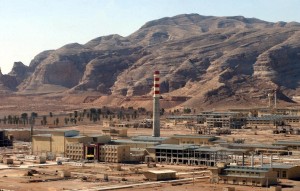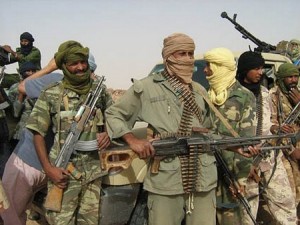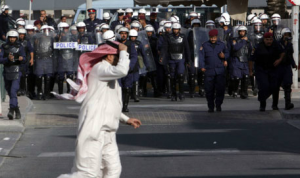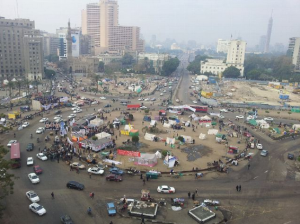The recent wave of suicide bombings in Syria, along with Lebanon’s seizure of a weapons-laden cargo ship intended for Syrian rebels, underscores the infiltration of not only Sunni-jihadist ideology into Syria, but also weapons, tactics, and fighters from throughout the Middle East. Those forces, along with radical Syrian Islamists, are likely set to intensify their attacks on both civilian and government targets in an attempt to turn Syria, although unlikely, into the new Iraq.
Unlike Egypt, the Syrian government proved to be far too entrenched to be removed by civilian protests and international pressure alone. This realization and an increasingly brutal government crackdown spawned an inevitable militarization of the conflict, additionally fueled and intensified by Sunni elements throughout the Middle East, mainly Saudi Arabia, Qatar, and Libya. Although Sunni militants are no longer able to defeat Syria’s well-armed, motivated, and efficient fighting force in battle, they are leaning towards a strategy where bombings and other asymmetrical attacks on government and civilian targets alike are likely to become the norm for the near future in Syria.



![jos nigeria[3]](https://www.max-security.com/wp-content/uploads/2012/02/jos-nigeria3-300x196.jpg)

